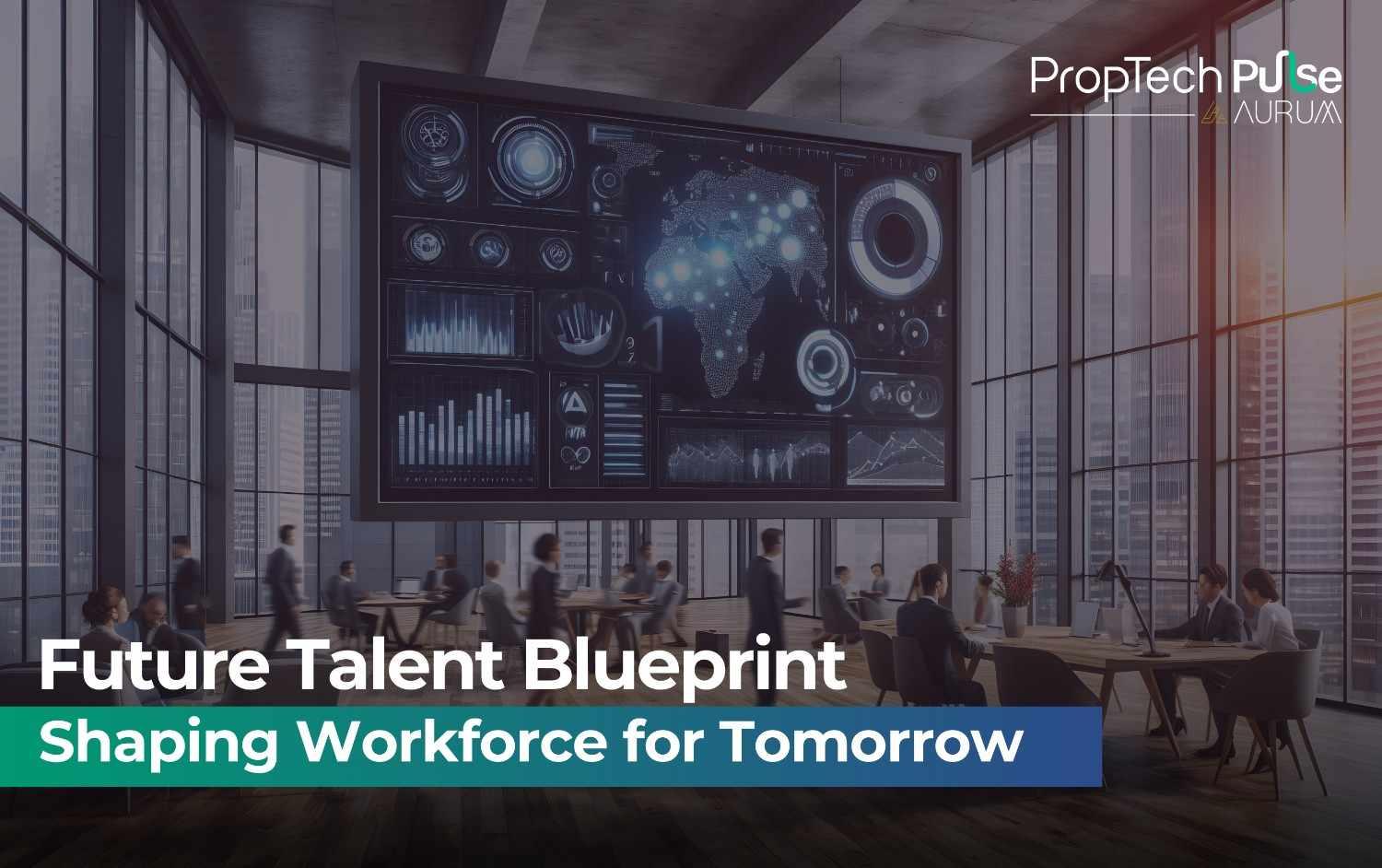
Shaping the Future of Talent in Real Estate’s Evolving Landscape
The real estate industry is standing at the crossroads of change. With the rapid growth of smart cities, the rise of sustainability, and the power of emerging technologies, the sector is moving far beyond its transactional past. This shift is not only reshaping how projects are built and managed but also redefining the way talent is attracted, nurtured, and retained.
Why the Shift is Necessary
Real estate is no longer just about property and transactions—it is about innovation, responsibility, and digital transformation. Trends such as green buildings, net-zero targets, AI-driven planning, and sustainability goals demand a new skillset. Today’s professionals must master environmental compliance, IoT, and data analytics. This requires HR strategies to evolve from transactional hiring to building a resilient and future-ready workforce.
Bridging the Skills Gap
Technology has created a visible skills gap across the industry. From facilities managers to senior developers, professionals are now expected to use digital tools and sustainability reporting frameworks. To address this, companies must invest in:
- Specialised training and certifications
- Partnerships with educational institutions
- Mentorship and knowledge-sharing platforms
- Upskilling and reskilling initiatives
This commitment ensures existing employees remain competitive while preparing young professionals to enter the market with the right expertise.
Leadership for Tomorrow
Leadership in real estate has moved beyond timelines and portfolios. Modern leaders are expected to act as agents of change—driving digital adoption, fostering sustainable practices, and leading hybrid teams. Companies must prioritise:
- Leadership development in emotional intelligence and foresight
- Systems thinking and agile management
- Strong succession planning to transition family-driven firms
According to Russell Reynolds Associates, preparing leaders for these expanded roles is critical for long-term growth in uncertain markets.
Culture as the Cornerstone
Beyond recruitment, HR is now the architect of culture. Companies must foster agility, collaboration, and innovation through cross-functional teams and intrapreneurial projects. Diversity, equity, and inclusion (DEI) are no longer optional—they are essential for attracting global investors and young talent. As the Talent Management Institute highlights, building a sustainable workforce means leading change rather than reacting to it.
Conclusion
The real estate sector is changing faster than ever, driven by technology, sustainability, and shifting social priorities. Success now depends on forward-looking talent strategies. By embracing sustainability-focused skills, leadership evolution, and a culture of agility, organisations will not only adapt but thrive. In this new era, talent is no longer just a support function—it is the ultimate differentiator for growth and resilience.
Unlock the Latest in Real Estate
News, Infographics, Blogs & More! Delivered to your inbox.
“Data that drives action. Insight that inspires action. Technology that empowers action.“
“Data that drives action.
Insight that inspires action.
Technology that empowers action.“









